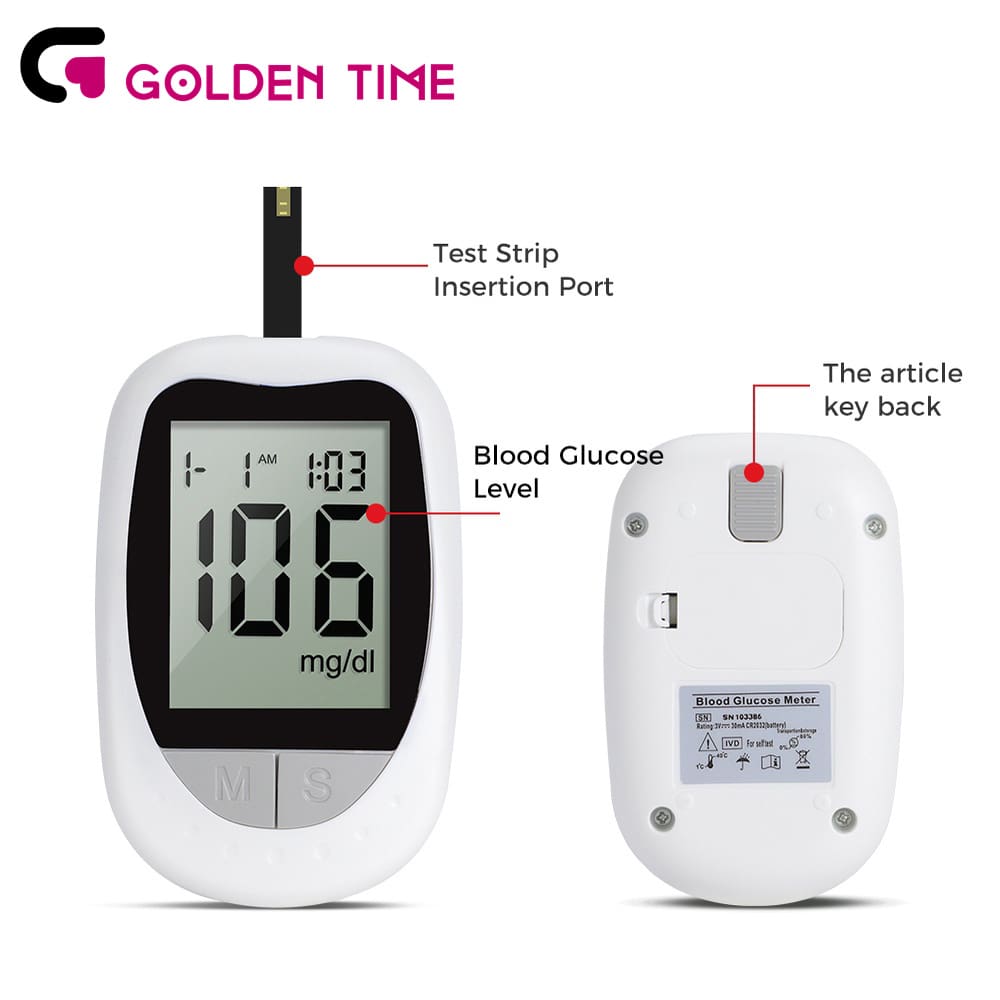jan . 16, 2025 01:47 Back to list
malaria rapid diagnostic test
In the evolving landscape of healthcare diagnostics, malaria rapid diagnostic tests (RDTs) have revolutionized the approach to detecting and managing malaria, an ancient and often deadly disease. These tests are not just swift; they are a game-changer in regions where malaria is endemic and access to full laboratory services is limited. Here, we explore the various facets that make malaria RDTs an indispensable tool in the fight against this pervasive disease, highlighting elements crucial to Experience, Expertise, Authoritativeness, and Trustworthiness.
Trustworthiness is built through real-world performance and independent evaluations. Multiple field studies and feedback from healthcare providers have consistently validated the efficacy of malaria RDTs. In places where these tests have been implemented, they have significantly contributed to a reduction in malaria-related morbidity and mortality. This real-world impact is a compelling narrative that builds trust not only among healthcare providers but also in the communities they serve. The user experience of malaria RDTs is another critical aspect. Designed for simplicity, these tests require minimal training, which ensures that even community health workers without extensive medical backgrounds can accurately administer them. This empowerment fosters a sense of ownership and confidence, as local healthcare providers can swiftly diagnose and treat afflicted patients, often saving lives in the process. Furthermore, the cost-effectiveness of malaria RDTs cannot be overstated. Compared to conventional laboratory diagnostics, RDTs require minimal infrastructure and investment. This affordability is a crucial factor for low-income regions, where reducing the economic burden of healthcare is paramount. By providing immediate and accurate results, RDTs facilitate timely treatment, which not only improves patient outcomes but also helps in the efficient allocation of healthcare resources. In summary, malaria rapid diagnostic tests exemplify an ideal blend of Experience, Expertise, Authoritativeness, and Trustworthiness, making them a pivotal element in global malaria control efforts. Their design caters to the unique challenges of diagnosing malaria in resource-constrained settings, and with ongoing advancements, their role in achieving the larger goal of global malaria eradication continues to expand. Investing in and deploying these tests represents a tangible step forward in the relentless battle against malaria, empowering communities and saving lives worldwide.


Trustworthiness is built through real-world performance and independent evaluations. Multiple field studies and feedback from healthcare providers have consistently validated the efficacy of malaria RDTs. In places where these tests have been implemented, they have significantly contributed to a reduction in malaria-related morbidity and mortality. This real-world impact is a compelling narrative that builds trust not only among healthcare providers but also in the communities they serve. The user experience of malaria RDTs is another critical aspect. Designed for simplicity, these tests require minimal training, which ensures that even community health workers without extensive medical backgrounds can accurately administer them. This empowerment fosters a sense of ownership and confidence, as local healthcare providers can swiftly diagnose and treat afflicted patients, often saving lives in the process. Furthermore, the cost-effectiveness of malaria RDTs cannot be overstated. Compared to conventional laboratory diagnostics, RDTs require minimal infrastructure and investment. This affordability is a crucial factor for low-income regions, where reducing the economic burden of healthcare is paramount. By providing immediate and accurate results, RDTs facilitate timely treatment, which not only improves patient outcomes but also helps in the efficient allocation of healthcare resources. In summary, malaria rapid diagnostic tests exemplify an ideal blend of Experience, Expertise, Authoritativeness, and Trustworthiness, making them a pivotal element in global malaria control efforts. Their design caters to the unique challenges of diagnosing malaria in resource-constrained settings, and with ongoing advancements, their role in achieving the larger goal of global malaria eradication continues to expand. Investing in and deploying these tests represents a tangible step forward in the relentless battle against malaria, empowering communities and saving lives worldwide.
Latest news
-
Malaria Pf Ag Rapid Test Kit - Quick & Accurate Detection
NewsAug.11,2025
-
Accurate Cardiac Marker CK-MB Rapid Test for Quick Results
NewsAug.10,2025
-
Premium Empty ABS Plastic Cassette for Test Strips
NewsAug.09,2025
-
Sterile Urine Cup: Accurate Specimen Collection for Labs & Home
NewsAug.08,2025
-
Malaria Pf/Pan Ag Rapid Test Kit for Fast, Accurate Diagnosis
NewsAug.07,2025
-
Rapid Canine Corona Test: Fast & Accurate Results
NewsAug.06,2025

